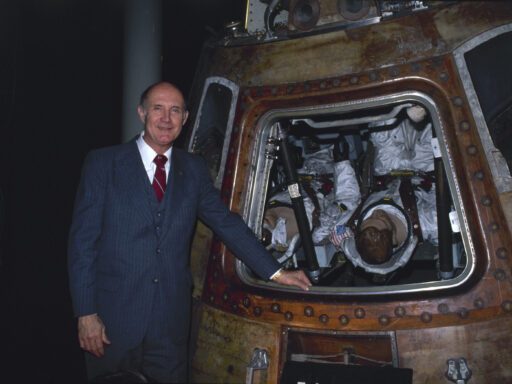
On 18 March 2024, NASA astronaut General Thomas P. Stafford passed away at the age of 93. Stafford was the commander of the Apollo 10 mission which launched on 18 May 1969.
Our world-class collection forms an enduring record of scientific, technological and medical achievements from across the globe. Come behind the scenes as we explore new object acquisitions and meet the conservation team.

On 18 March 2024, NASA astronaut General Thomas P. Stafford passed away at the age of 93. Stafford was the commander of the Apollo 10 mission which launched on 18 May 1969.
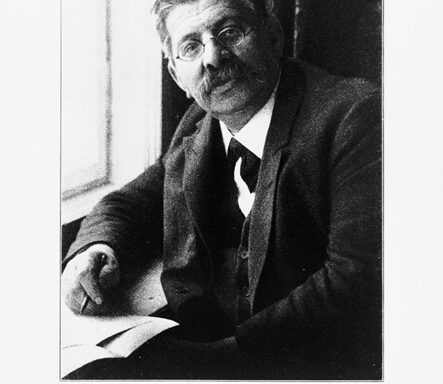
To mark LGBT+ History Month and its theme of medicine, we explore the life and work of doctor Magnus Hirschfeld, a researcher of sexuality and gender in the early twentieth century.
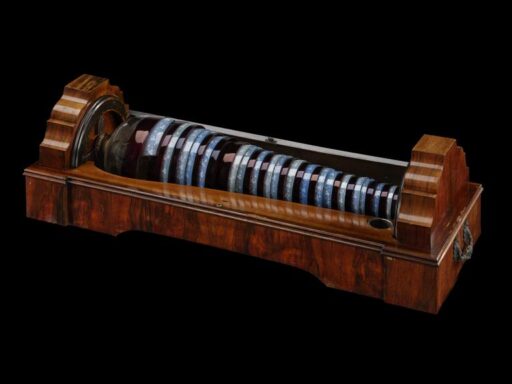
The Conservation team reflects on the behind-the-scenes work that goes into getting remarkable objects ready for display in our latest exhibition, Turn It Up: The power of music.
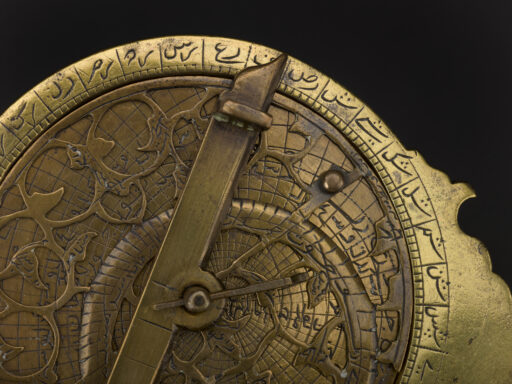
`Abd al-Rahman al-Sufi, a celebrated medieval Persian astronomer from the 10th century, is a key figure in the history of astronomy. He is famed for his great star catalogue, and for making the earliest known reference to a galaxy other than the Milky Way.
Conservation Assistant Beth Potts explores how an important part of conservation involves staring down a microscope at insects and other bugs.

Newly suspended from the ceiling of the Making the Modern World gallery in the Science Museum is Spirit of Innovation, the world’s fastest all-electric aircraft. Former Assistant Curator Laura Büllesbach reveals insights into its ground-breaking design, the technological boundaries it pushes and what the aircraft might mean for the future of sustainable aviation.
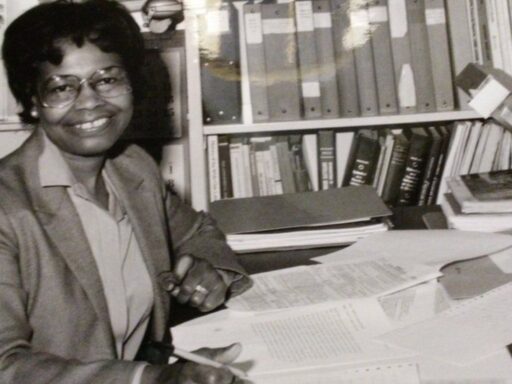
Curator Heather Bennett celebrates the Hidden Figure of GPS, Gladys West, on her 93rd birthday.
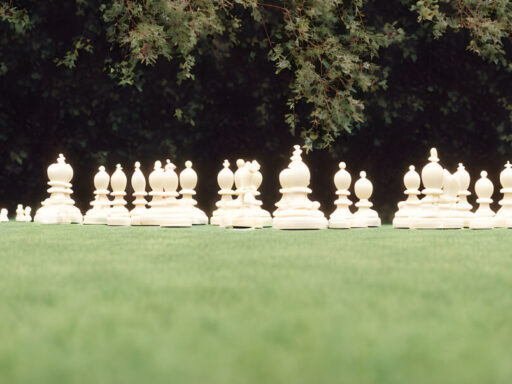
On 11 May 1997 – more than 25 years ago – a computer beat the world chess champion, Garry Kasparov. How has our world changed since then? And what does it mean when computers win against people?
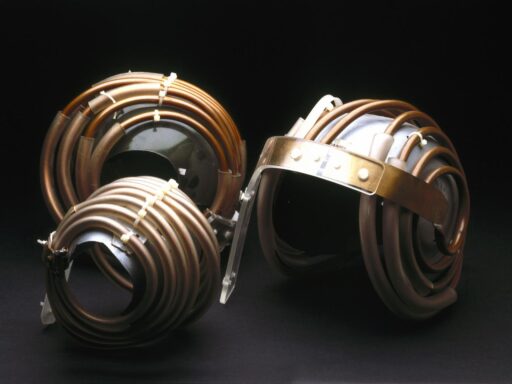
May the 4th be with you! To celebrate Star Wars Day, curator Dr. Glyn Morgan discusses the scientific possibilities of the epic story from a galaxy far, far away…
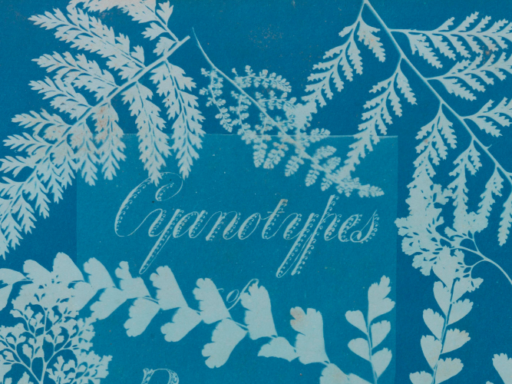
An influential figure in art, photography and natural history, Anna Atkins was born on 16 March, 224 years ago
Born this day in 1877, Garrett Morgan was the mind behind several inventions that still play a role in our daily lives. However, as a Black man living in the USA during the turn of the 19th century, he faced considerable racism and discrimination throughout his life.
To celebrate the 122nd birthday of mathematician Dame Mary Cartwright, we take a closer look at her pioneering work and life